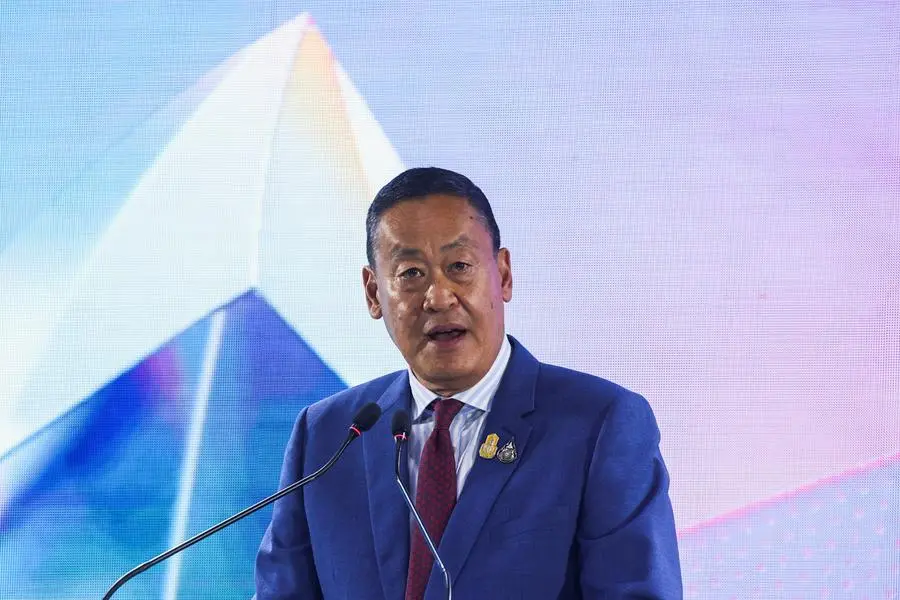PHOTO
Thai Prime Minister Srettha Thavisin on Tuesday defended his plan to introduce a nationwide daily minimum wage of 400 baht ($10.88) as necessary to spur economic growth, as business groups voiced concern about the impact of higher wage costs.
The government last week said it planned to increase the daily minimum wage countrywide from October, a policy that could help lift consumption in Southeast Asia's second-largest economy, which is lagging peers in the region.
"It's about the lives and livelihoods of the people at the grassroots, which is an important gear in driving the economy. Their livelihoods are important," Srettha said after a cabinet meeting.
Wages have risen just over 10% over the past 10 years, he added. The hike was a key election platform of Srettha's populist Pheu Thai party, which has set a target of 600 baht per day by 2027.
On Tuesday, the Thai Chamber of Commerce said it disagreed with the move as it would affect the economy and competitiveness, while the shippers council said it would stoke inflation.
The government has raised the minimum wage to 400 baht in several provinces already as a pilot scheme. Its predecessor increased the minimum wage by 5.02% in 2022.
Thailand's headline inflation rate was positive for the first time in seven months in April but was below the central bank's target range of 1% to 3% for a 12th consecutive month.
Deputy Finance Minister Paopoom Rojanasakul on Tuesday said that target was still appropriate and the government would discuss with the central bank on how to bring inflation back within that range.
"The inflation target range is not a problem, but the problem is inflation has been out of the target range for a long time, which may affect the economy in the long term," he told reporters.
To help ease living costs, Srettha also said the government would keep diesel prices at up to 33 baht ($0.89) per litre.
The government would also freeze some LPG prices and reduce some electricity costs, he said. ($1 = 36.7700 baht) (Reporting by Orathai Sriring and Kitiphong Thaichareon; Editing by Martin Petty)





















